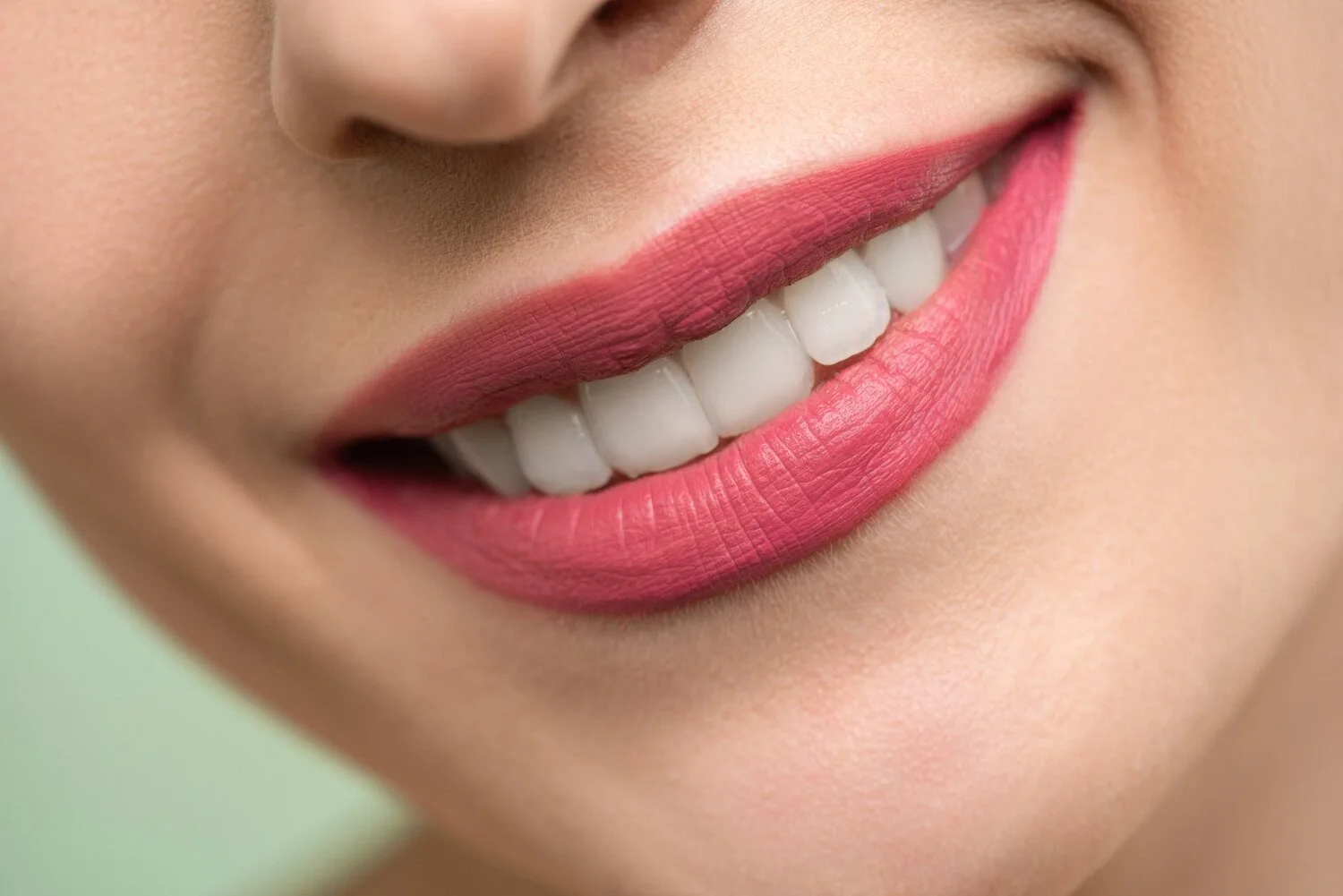How do you feel when you take a bite of ice cream or sip a spoon of hot soup? Does it hurt your teeth? Do you feel pain or intense sensation? If so, it is time to get to the bottom of this dental problem.
What is Tooth Sensitivity or Sensitive Teeth?
To understand what exactly tooth sensitivity is, first, you need to understand the different parts of the tooth.
Teeth have mainly two parts: the upper part (crown- the part of teeth that can be noticed inside the mouth) and the lower part (root- the part of teeth embedded in the jawbone). The upper part of teeth helps in biting and chewing, while the lower part of teeth helps withstand the force of biting and chewing. Other parts of teeth include:
Gumline- The line where the gum and teeth meet.
Enamel- It is a hard layer on the tooth containing mineralized tissues.
Dentin- It is responsible for the tooth structure and is found underneath the enamel.
Pulp- It is located in the center of the tooth consisting of nerve tissue and blood vessels.
Tooth sensitivity mainly has to do with the crown and root. According to expert dentists, the upper part of the teeth is covered with a layer of hard enamel. It protects the inner part of the teeth (dentin and pulp) from being damaged. The roots are covered with a protective material called cementum. If these layers wear down or get damaged, they expose the dentin. When the particles of foods and drinks come into contact with the dentin, they result in pain and intense sensation. This is called tooth sensitivity.
What Are The Common Causes of Tooth Sensitivity?
Tooth sensitivity could occur due to many different causes. In some cases, underlying dental problems are the leading cause, while others may develop tooth sensitivity due to the following reasons:
Brushing your teeth too hard or using a hard-bristled toothbrush.
Consuming highly acidic foods and drinks.
Grinding teeth at night.
Gum recession.
Broken or chipped teeth.
Certain dental treatments.
Certain health conditions or diseases cause acid to come up from the stomach, leading to tooth sensitivity. It includes Gastroesophageal reflux (GERD), gastroparesis, and bulimia.
Tooth decay, getting fillings, crown replacement, and teeth bleaching may also cause tooth sensitivity.
Treatments
Primarily, two types of tooth sensitivity treatments are available in modern and pediatric dentistry McKinney: In-office treatment and At-home treatment.
In-Office Treatment- In-office tooth sensitivity treatments are specially designed for complex cases. If you have chronic tooth sensitivity or it is in an advanced stage, it is advisable to meet your dentist as soon as possible or worsen your dental condition.
During an in-office tooth sensitivity treatment, first, dentists may ask you many questions to know how you feel when you eat or drink. They may also ask you to show the areas where you feel the pain and sensation. Next, they will clean your teeth so that they can examine the details of your teeth properly. They may also take an X-ray of your teeth. It will help them detect the affected areas inside your mouth.
Dentists may suggest crown, inlay, or bonding as a treatment option, depending on your dental condition. If lost gum tissue from the roots and persistent tooth sensitivity, they may also advise you for a surgical gum graft or root canal.
At-Home Treatment- If you have moderate to mild tooth sensitivity, at-home treatments are ideal for you.
Here are some of the best ways to deal with your tooth sensitivity at your home:
Toothpaste for Sensitive Teeth- Some toothpaste is specially formulated for treating tooth sensitivity. They consist of certain desensitizing ingredients that help reduce the discomfort and pain caused by the damaged enamel. However, before using any of them, do not forget to consult your dentist. They can tell you which toothpaste is ideal for improving sensitive teeth.
Moreover, you can also use other over-the-counter products specially formulated for treating sensitive teeth, such as fluoride gel. They are also effective in treating tooth sensitivity.
Improve Your Tooth Brushing and Flossing Techniques- Incorrectly brushing your teeth is one of the common causes of tooth sensitivity. If you make changes to your tooth brushing and flossing techniques, you can prevent tooth sensitivity.
Here are some of the helpful tips to improve your tooth brushing and flossing techniques:
Brush your teeth with soft hands.
Use a soft-bristled toothbrush.
Use fluoride toothpaste.
Floss your teeth gently.
Avoid using acidic mouthwashes.
Prevention
You might have heard before, “prevention is better than cure.” This is what dentists frequently suggest to people. Although tooth sensitivity can be treated, you cannot get your dental enamel back in its original form. Moreover, tooth sensitivity may reoccur, so prevention is the best treatment for tooth sensitivity.
The more you take care of your teeth, the healthier your teeth will be. So, make sure to follow all the preventive measures for teeth sensitivity.
To sum up, teeth sensitivity is a severe dental condition. You must get it treated as soon as possible, or else it may worsen over time. You should meet a specialized dentist as soon as you notice the symptoms of tooth sensitivity.


